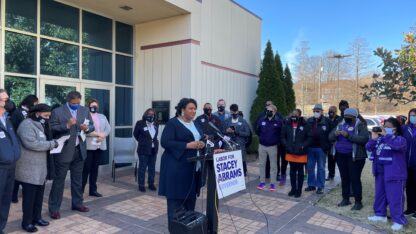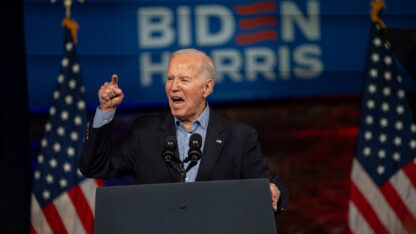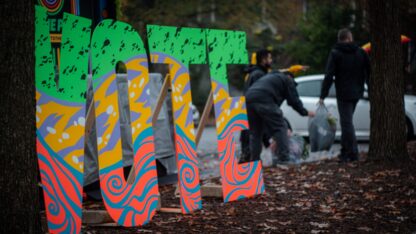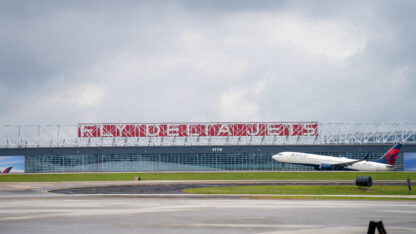Cubans In Ga. React To End Of ‘Wet Foot, Dry Foot’ Policy
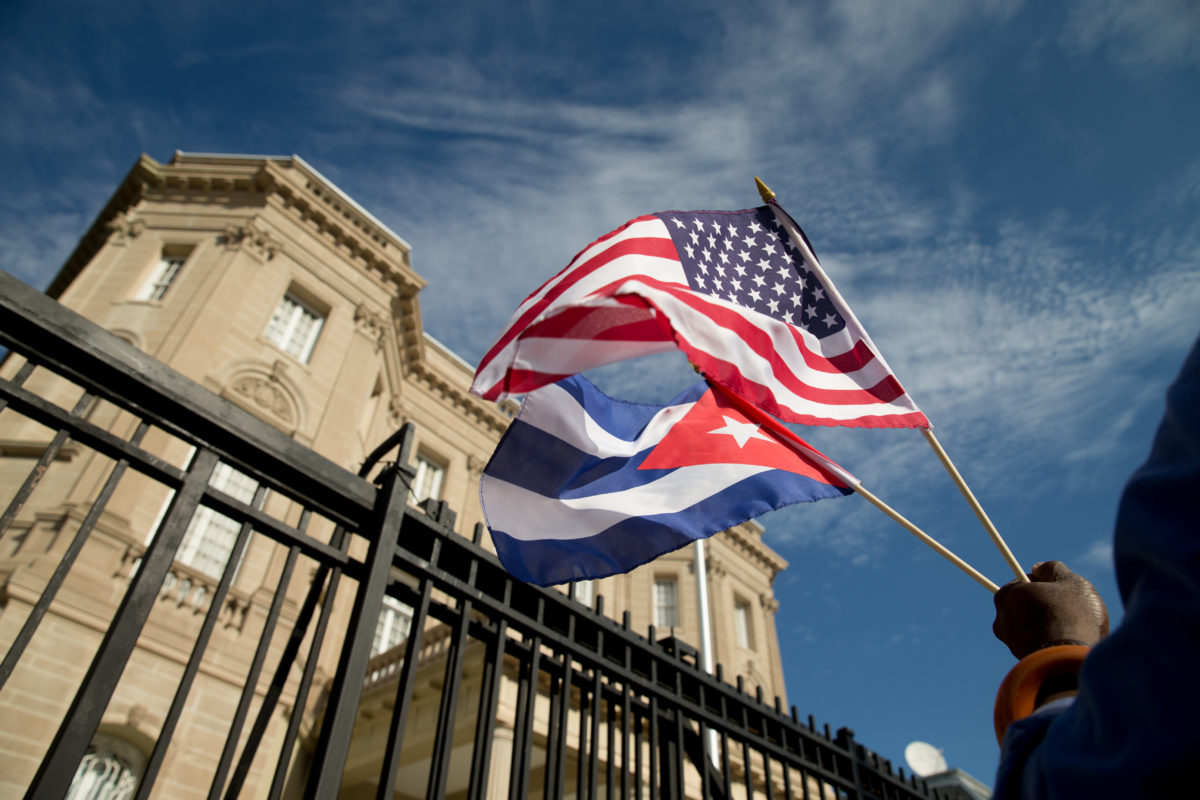
Andrew Harnik / Associated Press
Last week, President Barack Obama announced the sudden end of a decades-old immigration policy which granted special privileges to Cubans entering the United States.
It was called the “wet-foot, dry foot” policy. It meant Cubans who set foot on U.S. soil, could stay and would be fast-tracked to citizenship. It’s termination is the latest step by the Obama administration toward more normal relations with the island nation.
Theresa Perez came to the United States from Cuba legally, through a visa lottery. But it wasn’t the only way her family tried to get here.
“I remember at 6,7,8 years old, waking up in the middle of the night, putting three or four layers of clothing, going to this place with two or three plastic bags with whatever food you could find,” said Perez.
She and her family would wait on a Cuban beach for boats that never came. The men Perez’s father paid thousands of dollars to to get them to the US never showed up.
But if the boats had come, and her family survived the journey, they would have been allowed to stay in the U.S. That wet foot, dry foot policy, which dates back to the mid 90’s, is over as of last week.
Perez still has family members in Cuba who wants to immigrate.
“I understand that there’s other countries, there are other nationalities that don’t have the same benefit,” she said.
But, she says, she and many of her loved ones are grateful for the special treatment Cuban immigrants have received. Perez says she’s cautiously optimistic about the longer process of normalizing the relationship between Cuba and the U.S.
“It’s made us hopeful, but at the same time in the back of our minds, we’re like ‘is this for real? Is this going to change in a couple of months,” she said.
Rey Martinez, a council member in Loganville of Cuban descent, shares her sense of apprehension. He said he worries that without wet foot, dry foot, Cubans who will now face deportation if they arrive in the U.S. illegally will be in danger if they’re sent back.
“The Cuban government hasn’t shown me that they’re going to let those people back in the street,” said Martinez. “I’m afraid that those folks are going to be persecuted and sent to jail.”
Both he and Perez said they don’t understand the timing of the policy change, days before Obama leaves office.
Another thing they agree on, neither thinks the changes will stop more Cubans from trying to get here.
9(MDAxODM0MDY4MDEyMTY4NDA3MzI3YjkzMw004))
